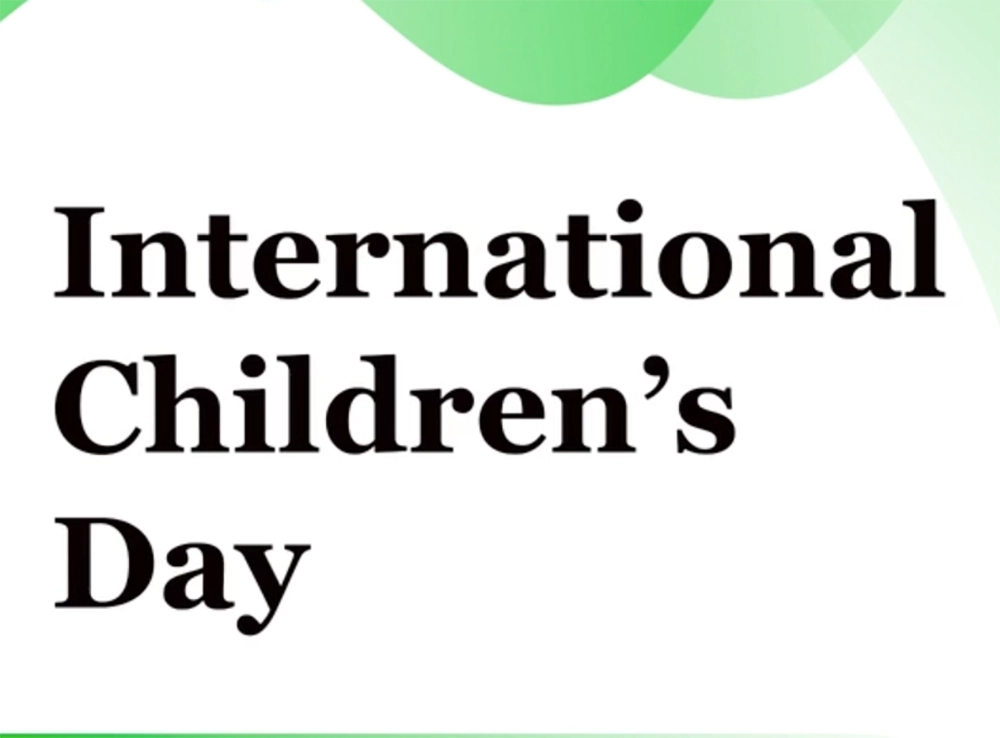Empowering young voices in pediatric clinical trials: Fortrea’s commitment to child rights and participation

There are four basic principles in the UN convention on the rights of the child:
Louise Kearney, Executive Director Rare Diseases, Advanced Therapeutic and Paediatric Team (RAPT), Fortrea
- The Non-discrimination
- Best interest of the child
- Right to life survival and development
- Right to be heard
While improvements are being made, many medicines are still not adequately studied in children. For those medicines that are studied, the time between obtaining an adult label and a pediatric label is nearly a decade. This indicates that we are falling short on the first three principles. In response to this gap, current regulations now require many sponsors to conduct pediatric trials. The rare disease, advanced therapies, and pediatrics team (RAPT) at Fortrea can assist these sponsors in navigating the complexities of running pediatric trials.
The fourth principle is the right to be heard, and children's voices are often missed in the design of these clinical trials. Regulators are starting to recognize the importance of involving the patient in the design of clinical trials with requirements such as the UK's participant information quality standards, which is mandating public involvement. Where research is in a pediatric population, children's voices should be heard.
Many countries celebrate International Children's Day on June 1st. National Children's Day is celebrated the second Sunday of June every year in the US. To mark these occasions, Fortrea asked young people from iCAN, The International Children's Advisory Network, about their experiences taking part in clinical trials. They produced a video showcasing some of their thoughts. Many thanks to Lyndsay and Katherine for allowing us to share their views.
It’s fantastic to hear that young people are enthusiastic to help their communities by taking part in clinical research, but it’s an important reminder that we need to be thoughtful in the design of both protocols and in information that we share with young people.
Learn how our team brings in patient centric solutions and provide the flexibility required to build an exceptional partnership that drives more efficient delivery of pediatric studies.
